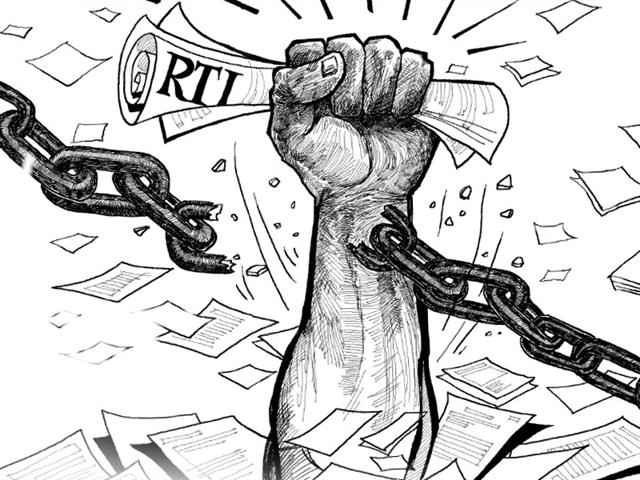Recent events in the Union Territory of Jammu and Kashmir underscore a disturbing trend of non-compliance and negligence by PIOs, posing a threat to the very essence of democratic values. The CIC’s recent actions, seeking explanations from PIOs of the Health and Education Departments for delays and absence during RTI proceedings, throw a glaring light on the lapses within the system
 KRC TIMES Desk
KRC TIMES Desk

In a democracy, transparency is the cornerstone upon which accountability and good governance are built. The RTI Act of 2005 stands as a powerful tool in the hands of citizens to access information and hold public authorities accountable. However, recent events in the Union Territory of Jammu and Kashmir underscore a disturbing trend of non-compliance and negligence by PIOs, posing a threat to the very essence of democratic values. The CIC’s recent actions, seeking explanations from PIOs of the Health and Education Departments for delays and absence during RTI proceedings, throw a glaring light on the lapses within the system. Instances where RTI applications remained unanswered within stipulated timeframes and where First Appeals were left unadjudicated not only violate the spirit of the RTI Act but also undermine citizens’ fundamental right to information. In one such case, an RTI application seeking information about the PMJAY Scheme languished unanswered, pushing the appellant to seek recourse at the CIC. The absence of the PIO during the hearing of the Second Appeal further compounded the issue, prompting the Commission to take a stern stand. Similarly, another appeal regarding information denial by the Education Department highlights a systemic failure to adhere to transparency norms.
The Commission’s directives, demanding written explanations and warning of potential legal repercussions under Sections 20(1) and 20(2) of the RTI Act, serve as a much-needed reminder of the obligations entrusted upon PIOs. These officers are not mere custodians of information but guardians of democracy, tasked with upholding the principles of accountability and transparency. The case involving the denial of information regarding activities along the Ravi River exemplifies the importance of PIOs’ diligence in providing accurate and timely responses. The Commission has expressed displeasure over delayed replies in the present cases as well as in the past. At its core, the RTI Act empowers citizens to participate actively in the democratic process by holding authorities accountable. Any deviation from this ethos undermines the very foundation of democracy. PIOs have to ensure their pivotal role in upholding transparency and act accordingly.






